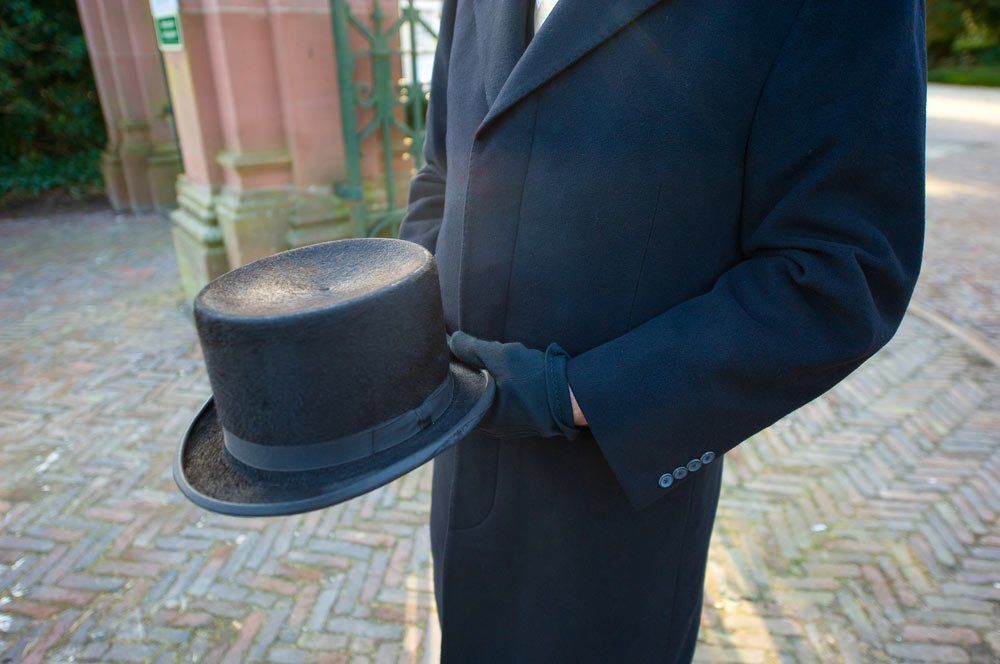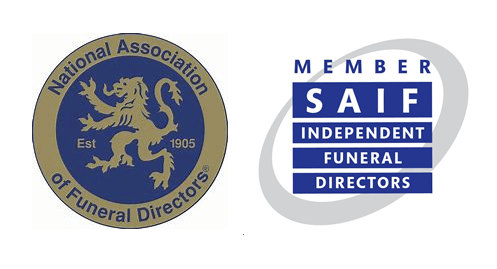Planning a funeral service

Planning a funeral service, for a loved one, can be an extremely difficult time for many. While you’re overwhelmed with grief, the practicalities of planning can be often too much to take in. That’s why, here at John Short & Son Funeral Directors, we’ve put together an easy to read guide, to look over in your own time.
A funeral is an opportunity to honour someone’s life, celebrate their achievements, reflect and, of course, grieve. As professional and experienced funeral directors, we are well equipped to handle the paperwork, logistics and practical elements involved, meaning you’re not burdened during such a difficult time. As well as offering practical support, we will help you consider the most fitting way to mourn your friend or family member.
While you may have a clear plan of how you wish the day to go ahead, below we’ve offered support, and factors you may want to consider.
Mourners and loved ones
You don’t often find people directly inviting people to a funeral. Often loved ones, and acquaintances discover the time and place through a death notice or online obituary. However, these days many people choose to share the funeral details on social media.
A funeral director, such as ourselves, is the one who arranges the obituary. This provides details of whether it’s a private, or public service, as well as advising on dress code and special requirements.
Should attendees want to send flowers, we can arrange to receive these prior to the funeral. Some politely prefer people to donate to charity, in lieu of flowers. Again, we can help with collections during the funeral service, and arrange to pay this to the charity.
Funeral dress code
As aforementioned, an online obituary provides the opportunity for you to make requests that mourners arrive in a specific dress code, or showcase a meaningful badge, emblem, or colour. A popular request, we find, is for people to wear bright colours, or a vibrant clothing piece in somebody’s memory.
It’s also found that those who served in a particular service, are mourned by colleagues or comrades dressed in uniform. Often they will provide a formal or informal guard of honour as a sign of respect.
Who can officiate at a funeral service?
Unlike other services, a funeral does not need to be led by a religious minister. A funeral service can be led by a family or friend, however, many opt for a funeral celebrant officiate to take lead, with offerings of poems, words, scriptures, and prayers from loved ones, depending on their spiritual preference.
Religious funerals can include non-religious music, or words that hold a special meaning to you.
Pallbearers
Close friends or immediate family chose, or are asked to be a pallbearer at the funeral. Pallbearers carry the coffin from the hearse to where the service is being held.
Where can you hold a funeral?
Funeral services are commonly held in multi-denominational crematorium chapels, or places of worship. However, you can hold funerals in woodland burial sites, multi-purpose community spaces, homes, or a place special to your loved one.
The order of service
If you choose a religious funeral, some religions have guidelines for the order of service. You may wish to liaise with your religious minister regarding this.
Many places, however, are extremely flexible and are more than happy to discuss any requests. If you would like faith to be part of your service, but the deceased did not attend a place of worship, we can discuss with a local minister of the faith, and arrange this for you.
Funeral music
Funeral music, for many, is considered a poignant part of the service order. This is the element that can be completely personal to the person in passing. Usually the music reflects their life, personality and taste. Music choices completely vary, from religious acoustics to chart hits.
We can help you organise a choir, organist, or prepare the music chosen.
People often pick out a song for the coffin carried into the venue, when the service is being held, and as the coffin is carried out. Hymns, or other chosen music, can also be played during the service.
Funeral hymns
Hymns, usually, express a message of faith in God. This means you will often find one or more sung by the congregation in Christian funerals.
Even if you’re not planning a Christian funeral, you can include a hymn that is meaningful to you or your loved one.
Popular hymns include:
- All things bright and beautiful.
- Amazing grace.
- Be still, my soul.
- Make me a channel of your peace.
- I watch the sunrise.
- Lead kindly light.
Funeral eulogies
An eulogie is a speech given at a funeral honouring the life of a person who has died. It’s common for religious ministers, or celebrants to conduct these, however, personal eulogies are usually written and projected by a close friend or family member.
You may choose to have more than one person give a speech, however, do consider that there is usually a time limit at most funeral venues, so they will need to be timed accordingly.
Funeral reception wake
The majority of funeral services finish with a reception, funeral tea, or wake after the ceremony. This is so mourners can come together, and celebrate the time of your loved one. Leisure centres, hotels, community centres, pubs, and even football grounds can be booked for your funeral reception. You, however, may choose to hold the wake at home.
John Short & Son Ltd is a trusted
funeral directors that has been serving Burntwood, Stafford, Walsall, Lichfield & Cannock since 1866. Feel free to discuss any of the areas covered in depth with us, from choosing flowers,
crematoriums to ceremony events, don’t be afraid to ask questions, or make requests. We will make best efforts to fulfil your needs, and provide guaranteed support wherever needed.
Arranging a funeral can be tough, but our aim is to create a tailor-made, bespoke funeral to suit your needs.
Phone us today: 01543 686 204.






